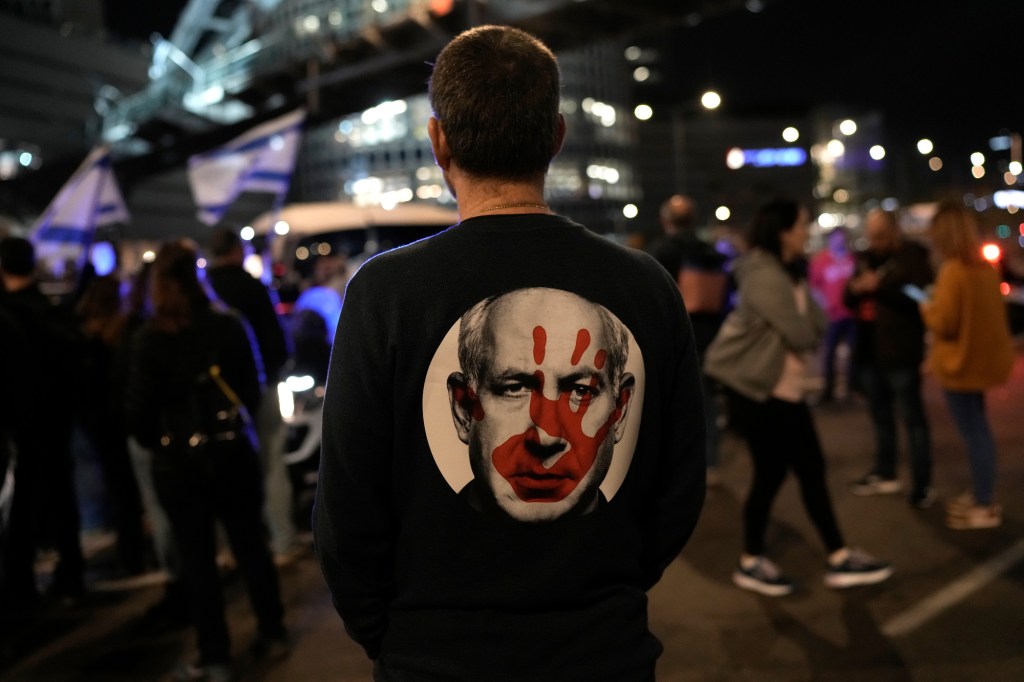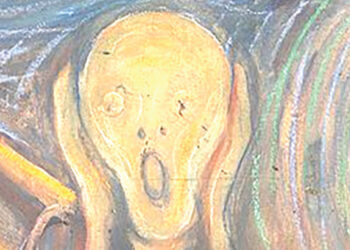By Tia Goldenberg | Associated Press
TEL AVIV, Israel — Ever since Israel was attacked on Oct. 7, a main Israeli highway has been flanked by billboards preaching national unity and a ubiquitous wartime slogan: “Together we will win.”
But lately those billboards have been replaced with a starkly different message: a call for immediate elections.
The mood of the Israeli public is shifting after more than 100 days of war in Gaza – and the catalyst is a rift over the polarizing leadership of Prime Minister Benjamin Netanyahu.
Israelis stunned by the brutal Hamas attack initially put aside their differences and rallied behind the war effort. Now old divisions that could alter the course of the war are reemerging.
As the death toll among Israeli soldiers keeps rising, and with dozens of hostages still in Gaza and Hamas still standing, more Israelis are vocally pushing back against Netanyahu and his government. The public is also increasingly divided over whether the military can simultaneously achieve Netanyahu’s stated goals of destroying Hamas and freeing all the hostages.
“The Israeli public is rediscovering its political tribalism,” said Nadav Eyal, a commentator for the Yediot Ahronot newspaper. “It inherently limits the decision-making process when you don’t enjoy the public’s trust.”
Netanyahu, the country’s longest-serving leader, still heads a coalition that is clinging to power despite the criticism. But opponents say he lacks a clear vision for how to get Israel out of Gaza. They believe political and personal motivations are clouding his decision-making.
The prime minister’s opponents say he is beholden to ultranationalist supporters in Parliament, many of whom have called for the expulsion of Palestinians from Gaza or for Israel to resettle the area. And they point to corruption charges hanging over him as evidence that it is in his self-interest to drag out the war.
Netanyahu says he has the country’s best interests in…
Read the full article here







